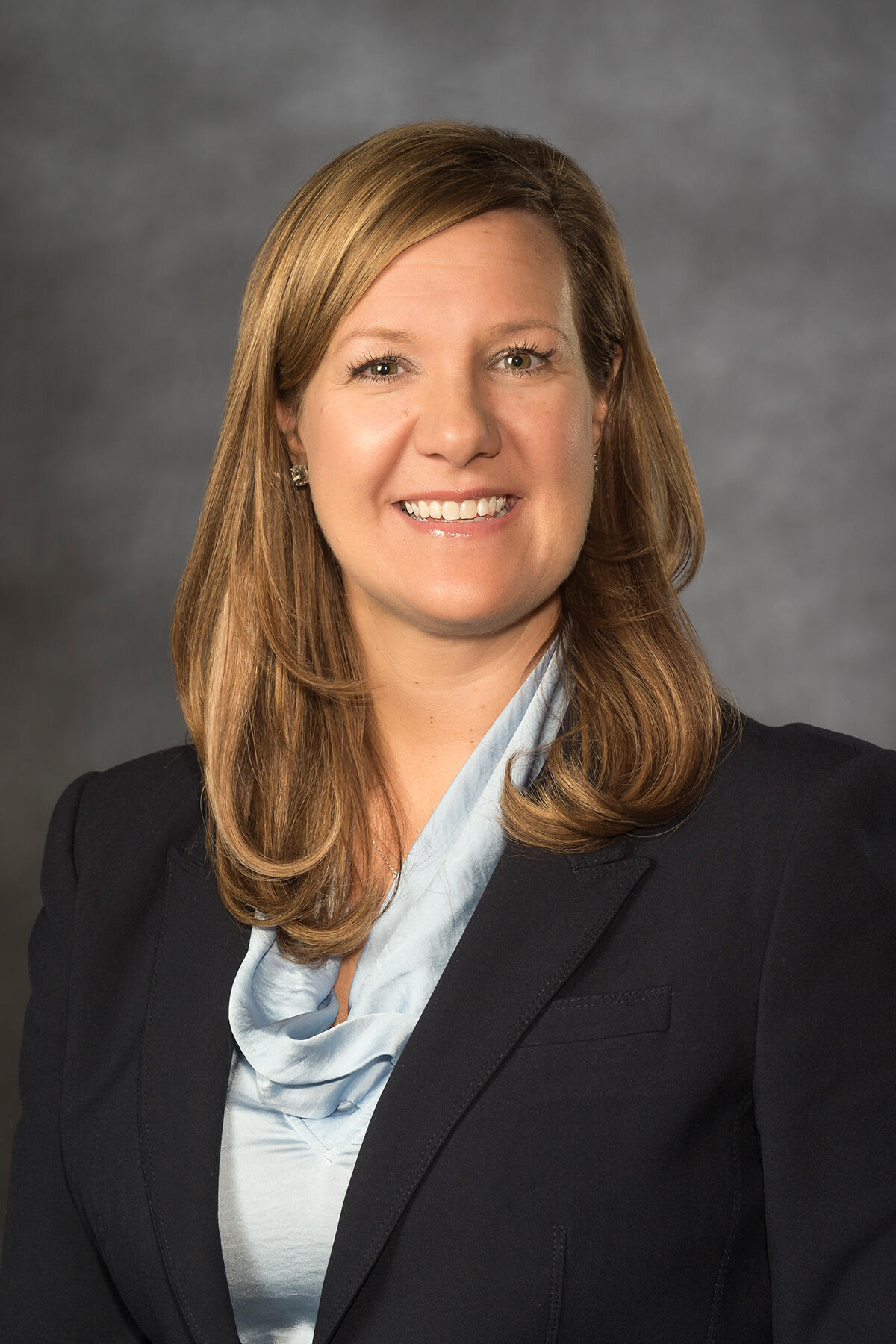Oct. 18, 2016
Police organization’s apology for historical mistreatment of minorities ‘needed to be said,’ VCU expert says
Share this story
On Monday, the head of the International Association of Chiefs of Police — one of the largest police organizations in the U.S. — issued an apology for law enforcement’s “historical mistreatment of communities of color.”
Terrence Cunningham, president of the International Association of Chiefs of Police, said at the organization’s annual conference that the first step in overcoming the “historic mistrust” is to acknowledge and apologize for the actions of police in the past.
“There have been times when law enforcement officers, because of the laws enacted by federal, state, and local governments, have been the face of oppression for far too many of our fellow citizens,” Cunningham said. “In the past, the laws adopted by our society have required police officers to perform many unpalatable tasks, such as ensuring legalized discrimination or even denying the basic rights of citizenship to many of our fellow Americans.”

Robyn McDougle, Ph.D., an expert on police community relations and an associate professor of criminal justice at Virginia Commonwealth University’s L. Douglas Wilder School of Government and Public Affairs, called Cunningham’s statement a “very important step” toward positive police community relations.
“It was a statement, first of all, that needed to be said in order to move toward a conversation around healing and [around] the community and police working together. And the reason it needed to be said is that it’s true. Every law enforcement agency will tell you, historically, that police departments in different parts of the country abused their power and truly targeted certain communities.
“So it was a thing that we all knew, but that no one [in law enforcement] was saying. By not addressing it, it [may have] allowed some people to think it didn’t happen.
“So what Chief Cunningham did Monday was legitimately acknowledge a history in police in the United States that everyone was aware happened. He did not uncover any mystery or acknowledge anything that no one knew. It was something that everyone knew. But by him being president of the International Association of Chiefs of Police, by him saying that yesterday, it removed the secrecy around it, it addressed it and it acknowledged it.
“Now all law enforcement agencies across the country can say, ‘That has been acknowledged by the largest, most critical and oldest law enforcement organization in the country. They’ve acknowledged it, we understand it, everyone heard it, and now we can move forward [toward] positive community police interactions in 2016 in light of the events that have happened around the country.”
McDougle added that Cunningham’s remarks highlight many of the points made Monday at the Wilder Symposium on Race and Society: 50 Years after the Kerner Commission held by the Wilder School.
"As Chief Cunningham mentioned and many of the symposium speakers highlighted, law enforcement agencies must begin to work with the community to heal the broken criminal justice system,” she said. “However, such work can only happen effectively if community trust is obtained and organizational transparency is presented. Acknowledging the negative impacts that law enforcement has historically had on many of our communities is imperative in moving forward together for effective solutions to not only race related issues in our criminal justice system but in our larger society.”
Subscribe to VCU News
Subscribe to VCU News at newsletter.vcu.edu and receive a selection of stories, videos, photos, news clips and event listings in your inbox.













